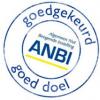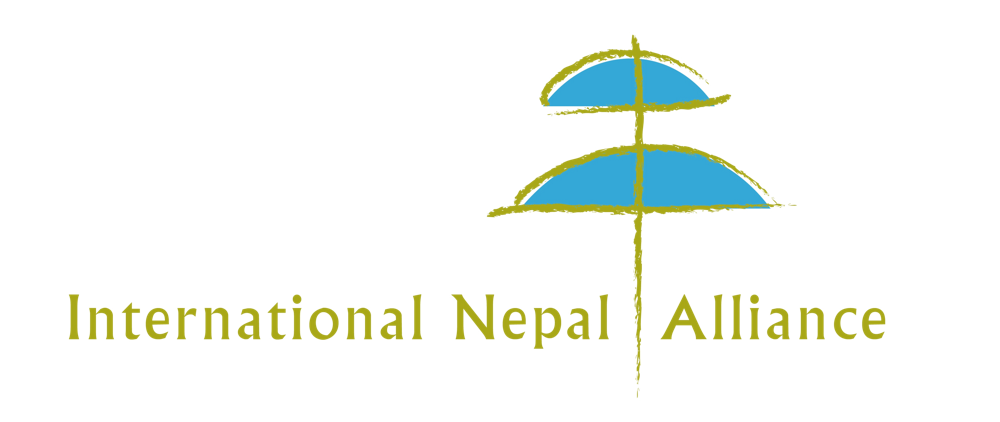News
-

January 18, 2021 Read


Stichting Nepal (SN) and The Nepal Trust (the NT) have both been working in Nepal on humanitarian and community development projects for many years. They have successfully collaborated on a number of projects and programmes under the terms of a formal collaboration agreement; these have established that they are comfortable “bed fellows”.
Both have high ethical standards and refuse to be drawn into the corruption that pervades the donor world in Nepal and in particular around Kathmandu; both are run by European volunteers who give their time freely and where possible either cover their own costs personally or seek get such costs sponsored; both are focused on Nepal and not the wider third world; both are primarily focused on education and healthcare; both believe in community engagement and community empowerment and shun handout mentality. For both the target is that every amount raised from donors should be an amount spent in Nepal.
Our mission is to improve the living conditions and future perspectives of children and other vulnerable members of society in Nepal, by improving their access to education, health care and economic independence.
We operate from a vision on society where equal opportunity in education and health care are paramount. Our programmes are targeted towards a sustainable cooperation that results in the self-reliance of individuals and institutions. We use our knowledge, contacts and experience to gather the funding for individual children and their schools, patients and their clinicians. This cross-sectorial approach has led to over 200 self-reliant projects with a profound impact in local society. Our projects are all subject of close cooperation with the local communities.
The NT and SN are the founding members of the International Nepal Alliance (INA). The boards of both organisations, as well as the advisory board of SN are behind this endeavour 100%.
An international, umbrella organisation ‘International Nepal Alliance’ (INA) has been created through which the two founding organisations will coordinate projects together, with the purpose of creating a “clean” delivery arm for the implementation and running of projects and programmes in Nepal, effectively making more out of each donation. The doors of the INA would be open to other organisations that share the ethos and values of the founding organisations and wish to use the INA delivery arm for the delivery and execution of projects and programmes
Thus the “signatories” to the INA will be organisations operating outside Nepal who are committed to supporting projects and programmes that are organised and executed through the INA delivery team and who are willing to work collectively to raise funds for projects in Nepal of mutual interest to be developed working through the INA delivery team in Nepal. Organisations inside Nepal will also join the INA as local partners. They will be working as contractors to INA projects.
The INA will not be registered in its own name as a charity.
The INA delivery team will be the NT INGO under Jeroen van den Bergh, operating at local level through the NT Not For Profit Limited Company (NPC) Nepal Development Foundation (NDF). In more detail the plan is that the NT INGO would be the execution arm for the INA and has entered into a project agreement with the SWC “on behalf” of the INA. For this to be effective the projects and programmes agreed by the INA as the ones it would work on, would be registered with the SWC by NDF and money raised for these projects and programmes by individual INA members would be routed into Nepal through the NT INGO.
Under this model the INA members will retain their identities but at the same time enter into a formal agreement defining how they will collaborate and the rules of engagement and conduct to which all organisations will subscribe and be bound by. Once established all other organisations that join the INA in the future would be required to accept the rules and way of working of the INA but at the same time would be required to continue to abide by the rules and legal requirements of a charity working in their country.